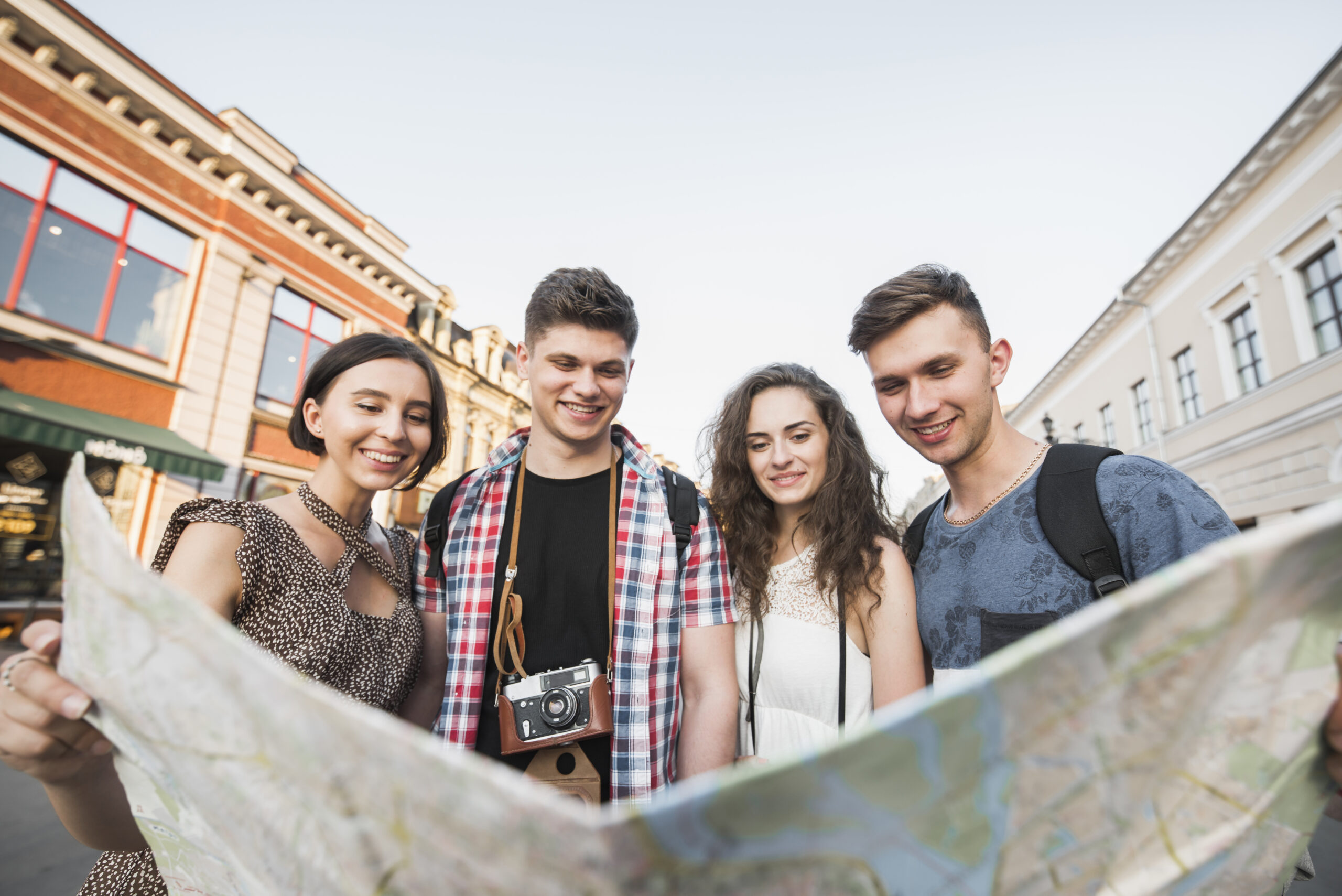How to Avoid Tourist Scams While Traveling

Traveling is one of life’s greatest joys—exploring new cultures, tasting unfamiliar foods, and creating memories that last a lifetime. But amid the excitement, there’s an unfortunate reality many travelers face: tourist scams. These deceptive schemes target unsuspecting visitors, draining wallets, dampening spirits, and even putting personal safety at risk. The good news? With awareness, preparation, and a few smart strategies, you can outwit scammers and enjoy a worry-free adventure.
In this guide, we’ll uncover the most common tourist scams around the world, share practical tips to avoid them, and empower you to navigate unfamiliar destinations like a seasoned pro. Whether you’re backpacking through Southeast Asia, touring European landmarks, or exploring bustling cities, this advice will help you stay one step ahead.
1. Understand Common Types of Tourist Scams
Knowledge is your first line of defense. Scammers thrive on exploiting confusion, language barriers, or a traveler’s goodwill. By recognizing these classic travel scams, you’ll be less likely to fall for them:
A. The “Friendly Stranger” Distraction
A seemingly kind local strikes up a conversation, offers directions, or insists on helping take your photo. While you’re distracted, an accomplice swipes your bag, wallet, or phone. This scam is common in crowded areas like train stations, markets, or tourist hotspots.
How to Avoid It:
- Politely decline unsolicited help.
- Keep valuables secure in anti-theft bags or hidden pouches.
- Stay vigilant in busy spaces—scammers often work in teams.
B. Overpriced Taxis and Fake Meters
Unlicensed taxi drivers may quote inflated fares, “forget” to start the meter, or claim it’s broken. Some even take longer routes to hike up the cost.
How to Avoid It:
- Use ride-hailing apps (e.g., Uber, Grab, Bolt) for transparent pricing.
- Research average taxi rates beforehand.
- Only use official taxis with clear logos and licenses.
C. Fake Tickets or “Closed Attraction” Tricks
Scammers sell counterfeit tickets to popular attractions or claim the site is closed, offering to guide you to a “better” (often fake) location for a fee.
How to Avoid It:
- Buy tickets online from official websites or trusted vendors.
- Verify attraction hours independently (e.g., via official social media pages).
- Ignore strangers who approach you near ticket lines.
D. The Bracelet or Gift Scam
Someone “gifts” you a bracelet, flower, or trinket, then demands payment. Refusing may lead to intimidation or guilt-tripping.
How to Avoid It:
- Firmly say “no” and keep walking.
- Avoid making eye contact with vendors using aggressive sales tactics.
2. Research Your Destination Thoroughly
Preparation is key to avoiding tourist scams. Before your trip:
- Read travel forums and blogs for up-to-date scam alerts in your destination.
- Learn basic phrases in the local language, like “No, thank you” or “I’m not interested.”
- Book accommodations and transport through reputable platforms (e.g., Booking.com, Airbnb, official airline sites).
- Identify high-risk areas—tourist-heavy zones, public transit hubs, and nightlife districts are common scam hotspots.
3. Protect Your Money and Documents
Financial scams can turn a dream trip into a nightmare. Follow these steps to safeguard your assets:
- Use a hidden money belt for passports, extra cash, and cards. Carry only what you need for the day.
- Avoid flashing expensive items like jewelry, cameras, or designer bags.
- Withdraw cash from secure ATMs inside banks or shopping centers. Cover your PIN while typing.
- Notify your bank of travel dates to prevent card blocks.
4. Stay Alert in Crowds
Pickpockets thrive in chaos. Protect yourself in markets, festivals, or public transport:
- Wear crossbody bags with zippers, not easy-to-grab shoulder bags.
- Keep backpacks in front of you in tight spaces.
- Avoid placing phones/wallets in back pockets.
5. Verify “Official” Personnel
Some scams involve impersonators:
- Fake police officers demanding fines for bogus violations.
- Tourist “guides” without proper credentials charging exorbitant fees.
How to Respond:
- Ask for official ID.
- Insist on going to a police station if threatened.
- Book guides through licensed agencies.
6. Be Wary of Too-Good-to-Be-True Deals
A “luxury” hotel at hostel prices? A discounted tour of a major attraction? Scammers often lure travelers with unrealistic offers.
Red Flags:
- Pressure to pay upfront in cash.
- Vague itineraries or no reviews online.
- Requests for personal information (e.g., passport copies).
7. Navigate Transportation Wisely
From tuk-tuks to trains, transport scams are rampant:
- Ride-Sharing Scams: Drivers cancel rides and demand cash.
- Fake Bus/Train Tickets: Sold by touts outside stations.
- Baggage Fees: Unauthorized charges for luggage.
Pro Tip: Always double-check routes using apps like Google Maps.
8. Avoid Accommodation Fraud
Scammers create fake listings or “bait-and-switch” rentals.
How to Stay Safe:
- Read reviews thoroughly.
- Reverse-image search property photos to check for duplicates.
- Avoid paying via wire transfer or cryptocurrency.
9. Guard Against Tech Scams
- Skimmed ATMs: Use machines inside banks.
- Public Wi-Fi Hacks: Avoid accessing sensitive info on unsecured networks.
- Fake Charging Stations: Malware can infect devices via USB ports.
10. Trust Your Instincts
If a situation feels off, walk away. Scammers prey on politeness—don’t hesitate to say no firmly.
What to Do If You’re Scammed
- Stay calm. Document details (names, locations, photos).
- Report the incident to local authorities and your embassy.
- Contact your bank to block compromised cards.
- Share your experience online to warn others.
Final Thoughts
While tourist scams can happen anywhere, they shouldn’t deter you from exploring the world. By staying informed, trusting your gut, and using the tips above, you’ll minimize risks and focus on the joy of travel. Remember: Most locals are kind and honest—don’t let a few bad actors overshadow your adventure.
Safe travels, and may your journeys be filled with authentic experiences—not scams! 🌍✈️



